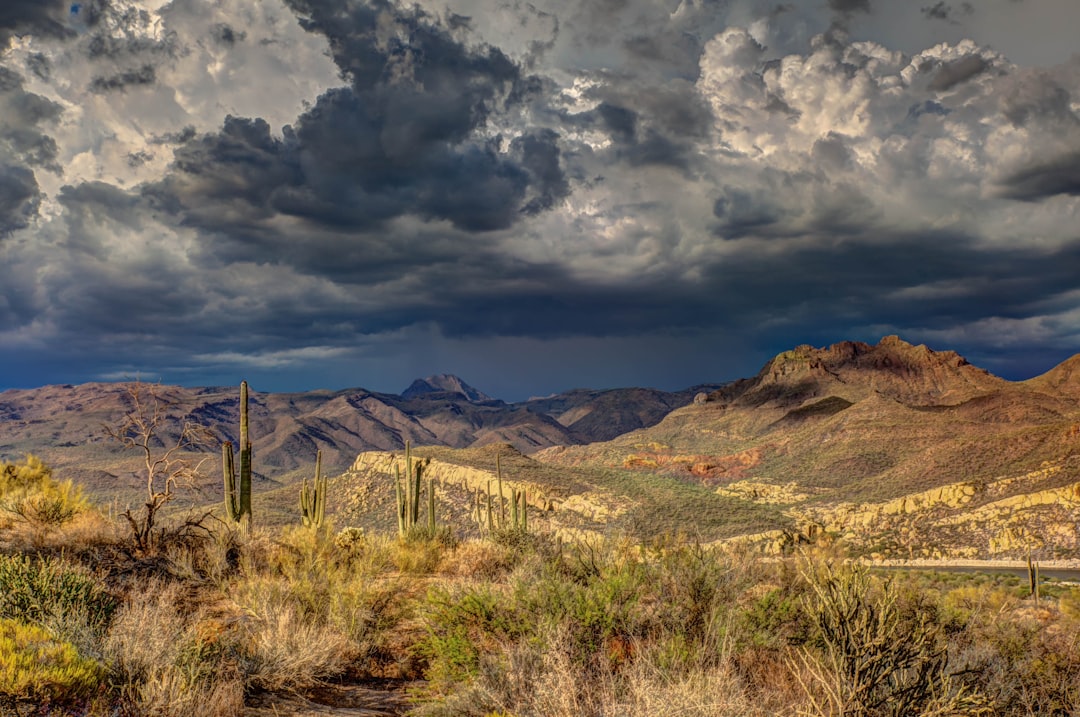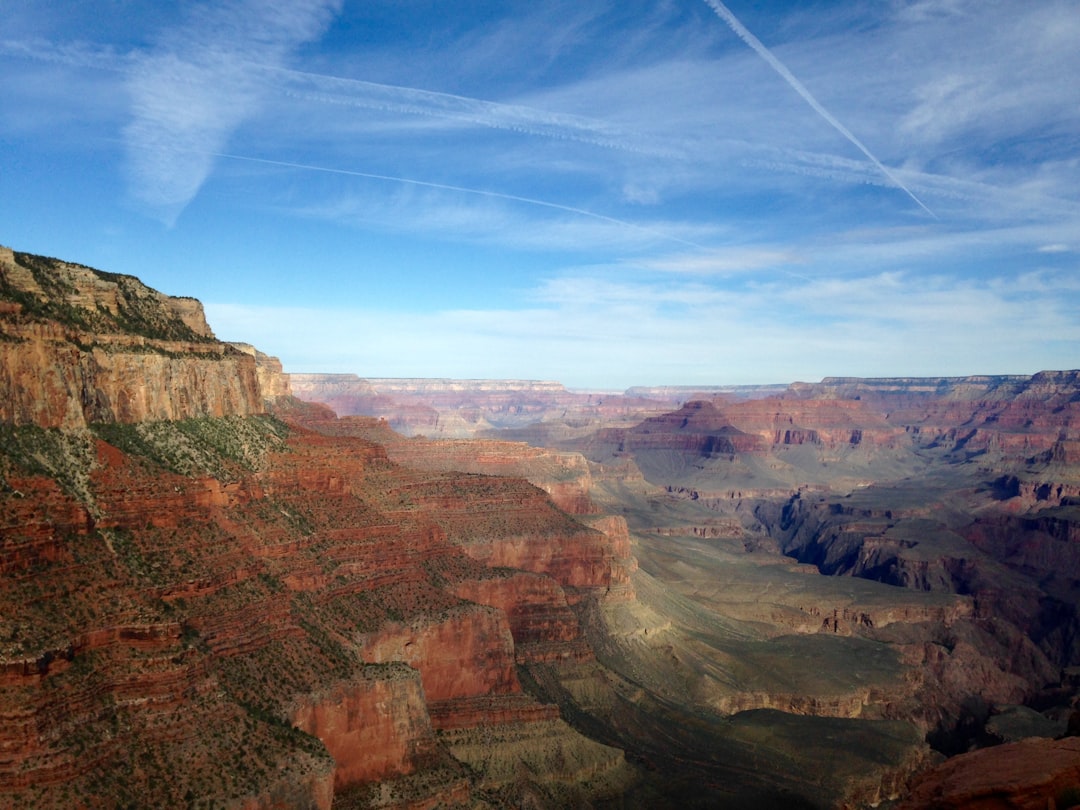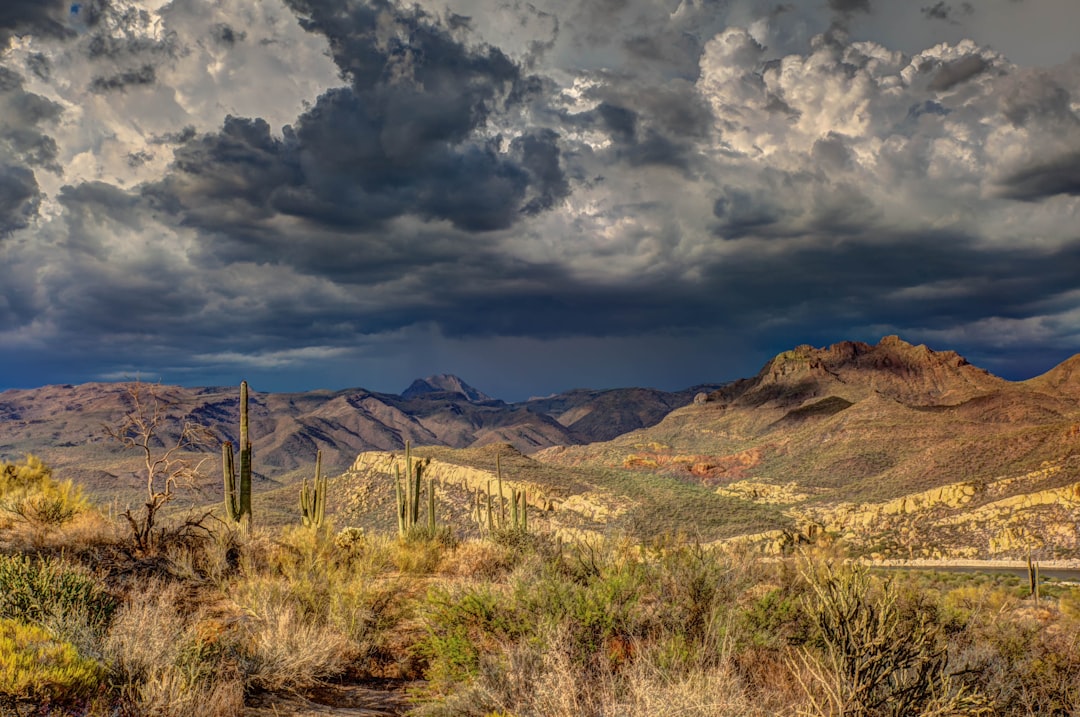Chiricahua National Monument in southern Arizona faces the modern challenge of spam calls disrupting visitor experiences. The National Park Service (NPS) prioritizes visitor safety and environmental protection through a comprehensive strategy involving trained rangers, educational programs, and technology monitoring. Arizona's stringent anti-spam laws, enforced by the Attorney General, complement federal regulations to safeguard visitors and preserve ecosystems. Rangers collaborate with local entities to establish communication protocols using kiosks and apps for contact collection while ensuring privacy. Partnerships with reputable tour operators reduce spam call lawyer involvement, enhancing visitor experiences during holidays. Specialized spam call law firms in Arizona can help mitigate these issues, promoting a safe and enjoyable environment at the monument.
“Willcox’s Chiricahua National Monument, a vibrant and unique landscape in southern Arizona, presents specific challenges when it comes to visitor protection. This article delves into the intricate web of strategies employed by the National Park Service (NPS) to safeguard visitors while addressing modern issues, such as spam calls. With a focus on legal perspectives from leading Arizona law firms specializing in telecommunications law, we explore innovative solutions enhancing the visitor experience without compromising privacy. Discover how the NPS balances its mission with practical measures against unwanted communications, particularly in this culturally rich and ecologically sensitive monument.”
Understanding the Monument's Unique Challenges: A Lawyer's Perspective on Spam Calls in Arizona
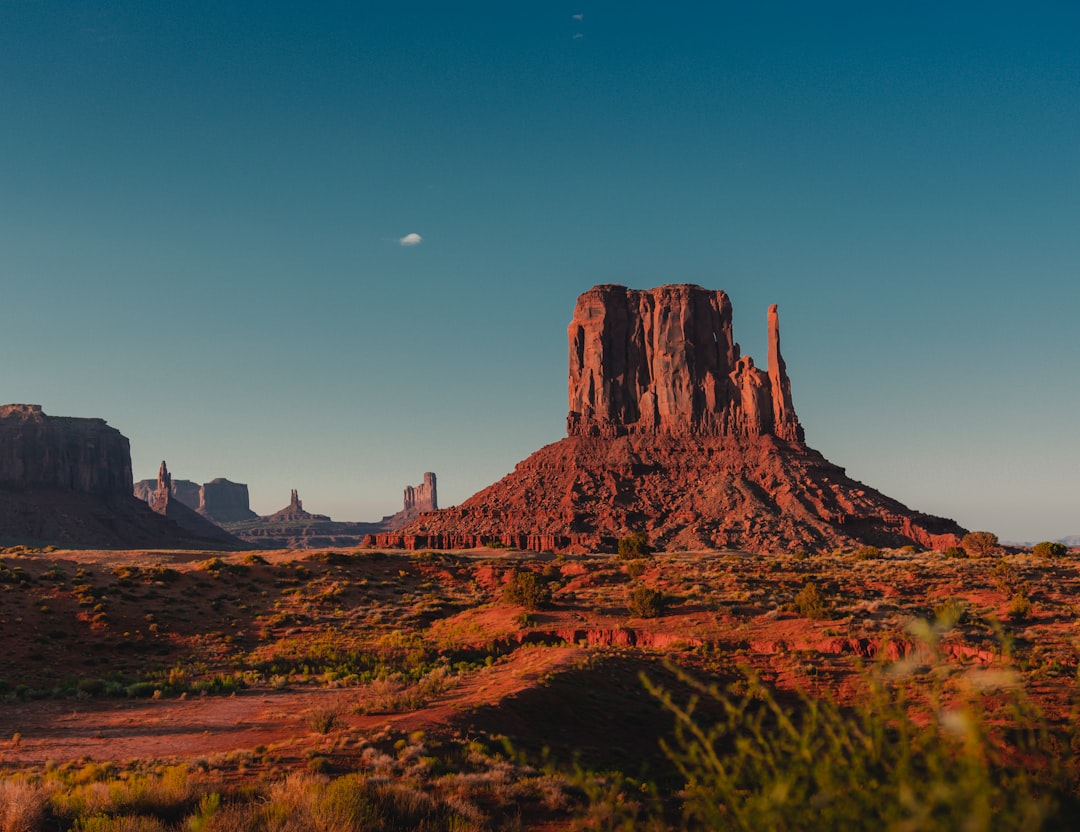
The Chiricahua National Monument in southern Arizona presents unique challenges when it comes to visitor protection, particularly with regards to modern-day nuisances like spam calls. As a popular destination for outdoor enthusiasts and nature lovers, the monument’s vast and rugged landscape attracts a diverse range of visitors, making it vulnerable to various risks, including unwanted telemarketing calls. In today’s digital age, these spam calls have become an increasingly pervasive issue, disrupting not only visitor experiences but also testing the boundaries of consumer protection laws.
A lawyer specializing in spam call cases in Arizona can play a crucial role in addressing this problem. They can help develop strategies to mitigate spam calls within the monument, ensuring visitors’ peace of mind and compliance with relevant laws. By leveraging their expertise, the park service can implement effective measures to curb these unwanted intrusions while promoting a safe and enjoyable environment for all who explore the Chiricahua National Monument’s breathtaking landscapes and unique ecological wonders.
The National Park Service's Role in Visitor Safety: Strategies for Effective Protection

The National Park Service (NPS) plays a pivotal role in ensuring visitor safety and security within its diverse range of national monuments and parks. In places like Willcox’s Chiricahua National Monument, where unique landscapes and geological wonders attract visitors from across Arizona and beyond, the NPS employs strategic approaches to protect both individuals and the environment. These strategies encompass a multi-faceted approach, including educating visitors about potential hazards, implementing robust security measures, and fostering a culture of awareness and respect for nature.
One key strategy is the deployment of well-trained staff who can guide and monitor visitors effectively. NPS rangers are equipped with knowledge of the local environment, geological features, and common visitor concerns. They actively engage with visitors, offering advice on safe hiking practices, proper waste disposal methods, and how to navigate unfamiliar terrain. Additionally, the NPS utilizes advanced technology, such as surveillance systems and data analytics, to monitor visitor patterns and identify potential risks. By combining these measures, the NPS aims to create a secure environment where visitors can appreciate the monument’s beauty while minimizing their impact on the delicate ecosystem. For those seeking legal aid related to spam calls in Arizona, connecting with a reputable law firm specializing in such cases can be beneficial. The same expertise that NPS rangers bring to visitor protection can also guide individuals navigating legal complexities arising from unwanted phone calls or text messages.
Legal Considerations and Regulatory Framework: How Arizona Laws Shape Park Management
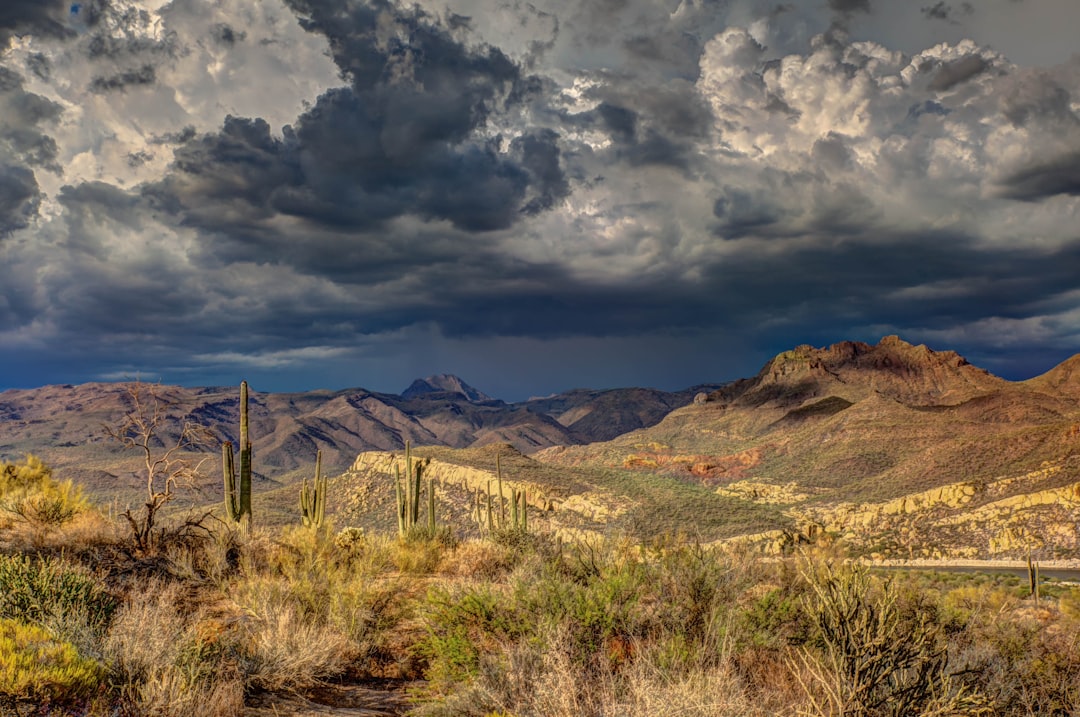
The management and protection of visitors at Chiricahua National Monument are guided by a robust legal framework established by Arizona laws. As a key component of the US National Park System, the monument is subject to federal regulations but also operates within the specific legal context of the state of Arizona. This includes provisions related to public safety, environmental conservation, and visitor services. For instance, Arizona’s strict spam call laws, enforced by its attorney general, play a crucial role in protecting visitors from fraudulent activities, ensuring a secure experience during their visit.
The regulatory framework also encompasses guidelines for managing visitor interactions with the unique ecological and geological features of the monument. This involves measures to prevent damage to sensitive ecosystems, while still allowing visitors to appreciate the natural beauty of Chiricahua National Monument. The integration of state laws into park management demonstrates a comprehensive approach to visitor protection, ensuring both safety and the preservation of the monument’s invaluable resources for future generations.
Innovative Solutions for Modern Issues: Enhancing Visitor Experience While Mitigating Spam Call Concerns
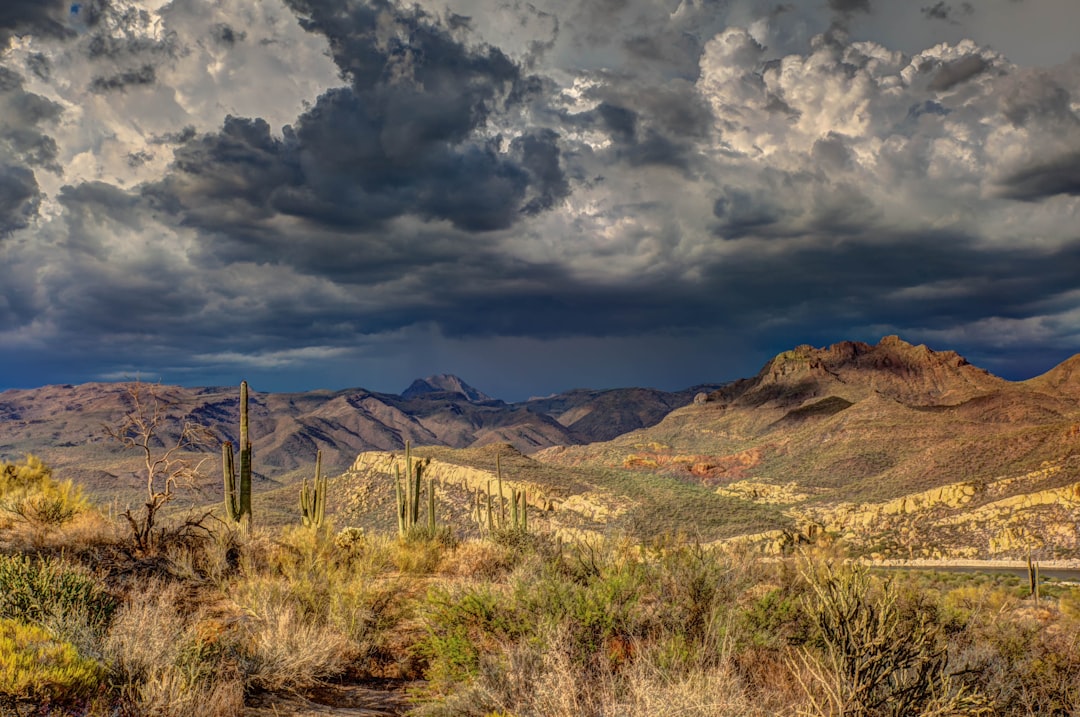
At Chiricahua National Monument, park rangers and service providers are embracing innovative solutions to modern issues, focusing on enhancing visitor experiences while addressing growing concerns over spam calls. With the rise of unsolicited calls targeting tourists in Arizona, including those visiting the monument, park officials have implemented strategies that not only mitigate this issue but also enrich visitors’ interactions with the natural landscape.
One approach involves collaborating with local and state entities to establish robust communication protocols. By leveraging technology, such as visitor information kiosks and mobile apps, rangers can collect contact details while ensuring transparency and consent. This method allows for targeted informational services without compromising privacy. Additionally, partnerships with reputable tour operators and accommodation providers ensure that visitors receive tailored experiences, reducing the likelihood of engaging with spam call lawyers in Arizona or spam call attorneys in Arizona who may exploit their vulnerability during a holiday.

